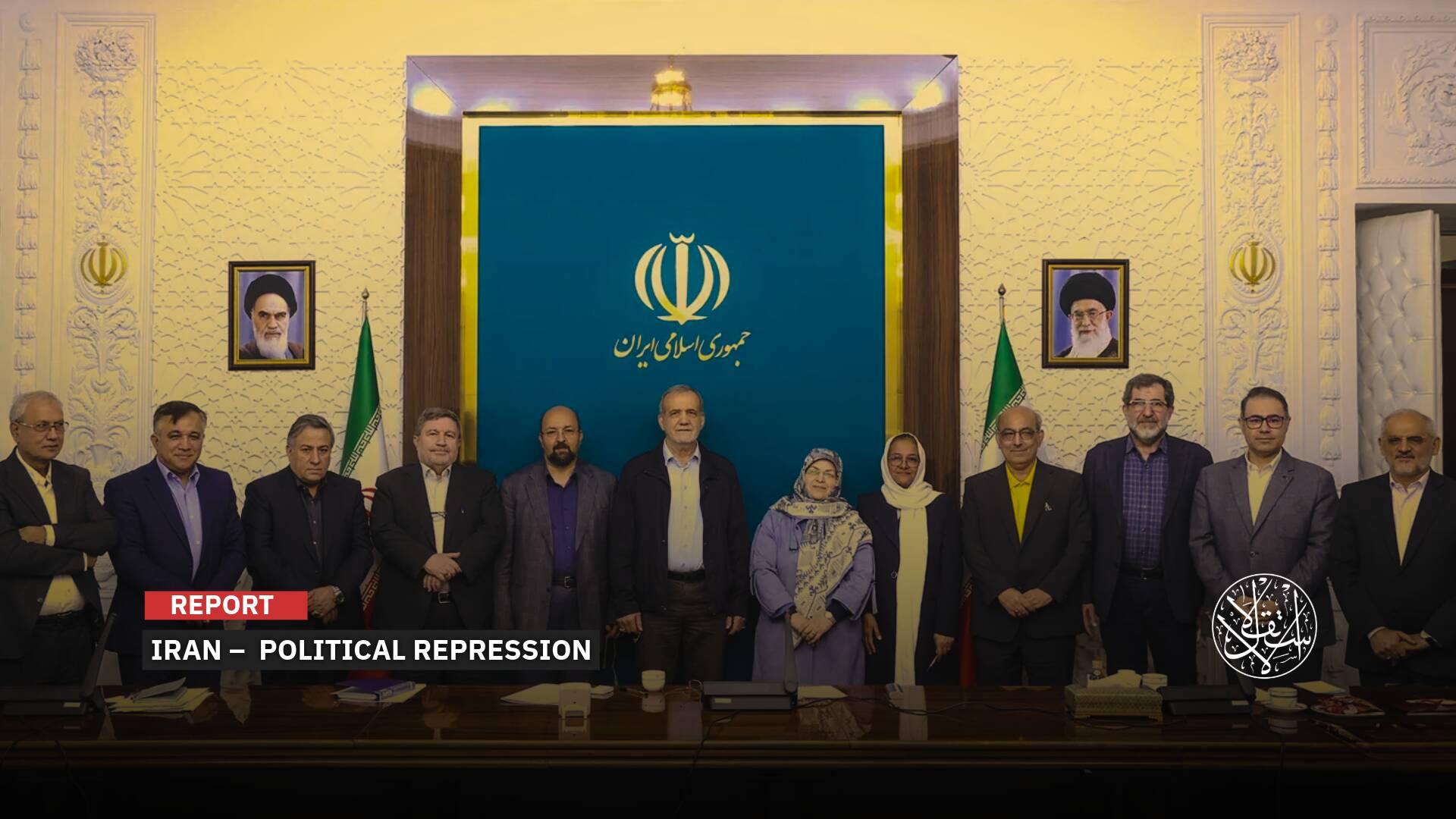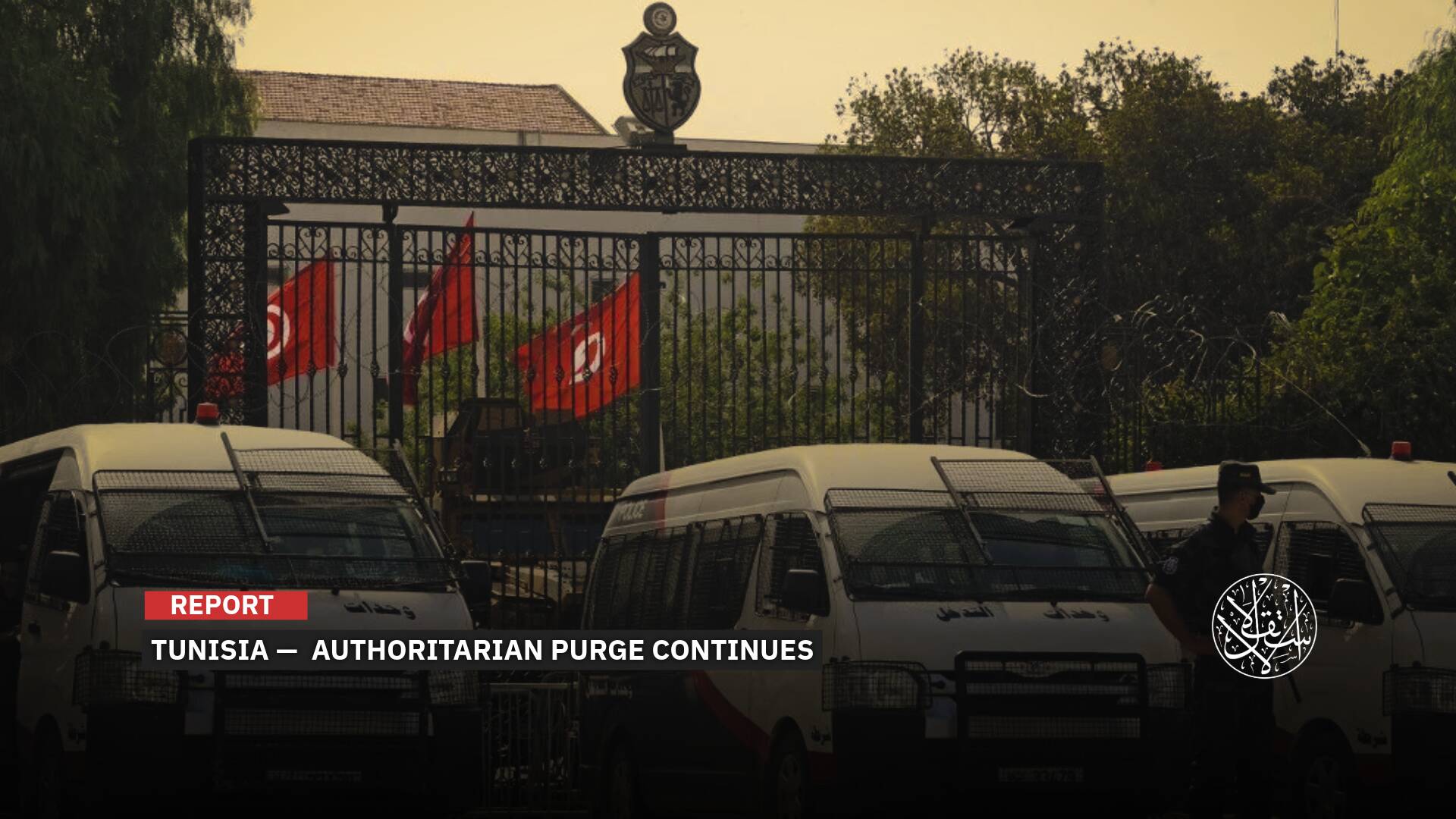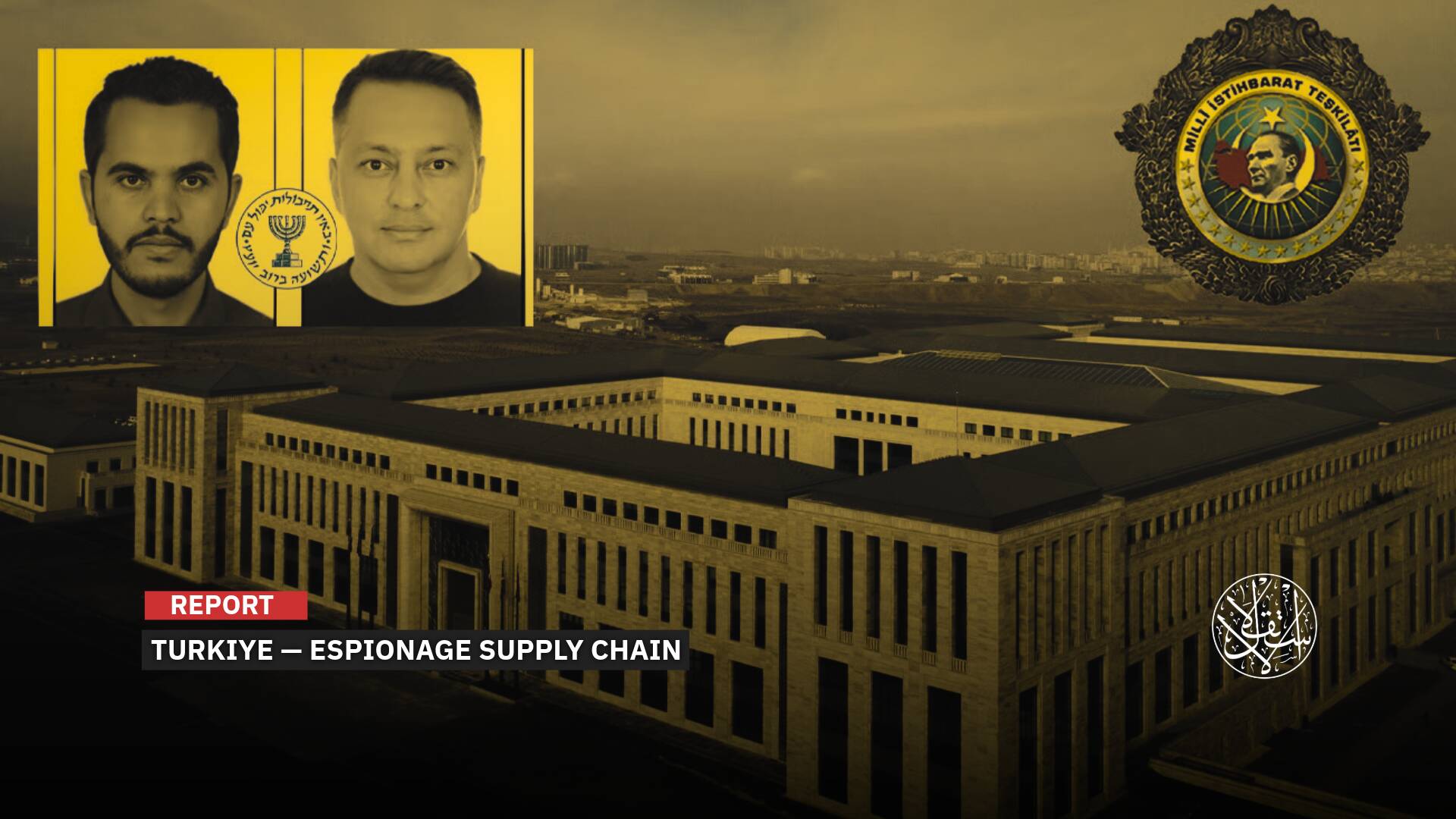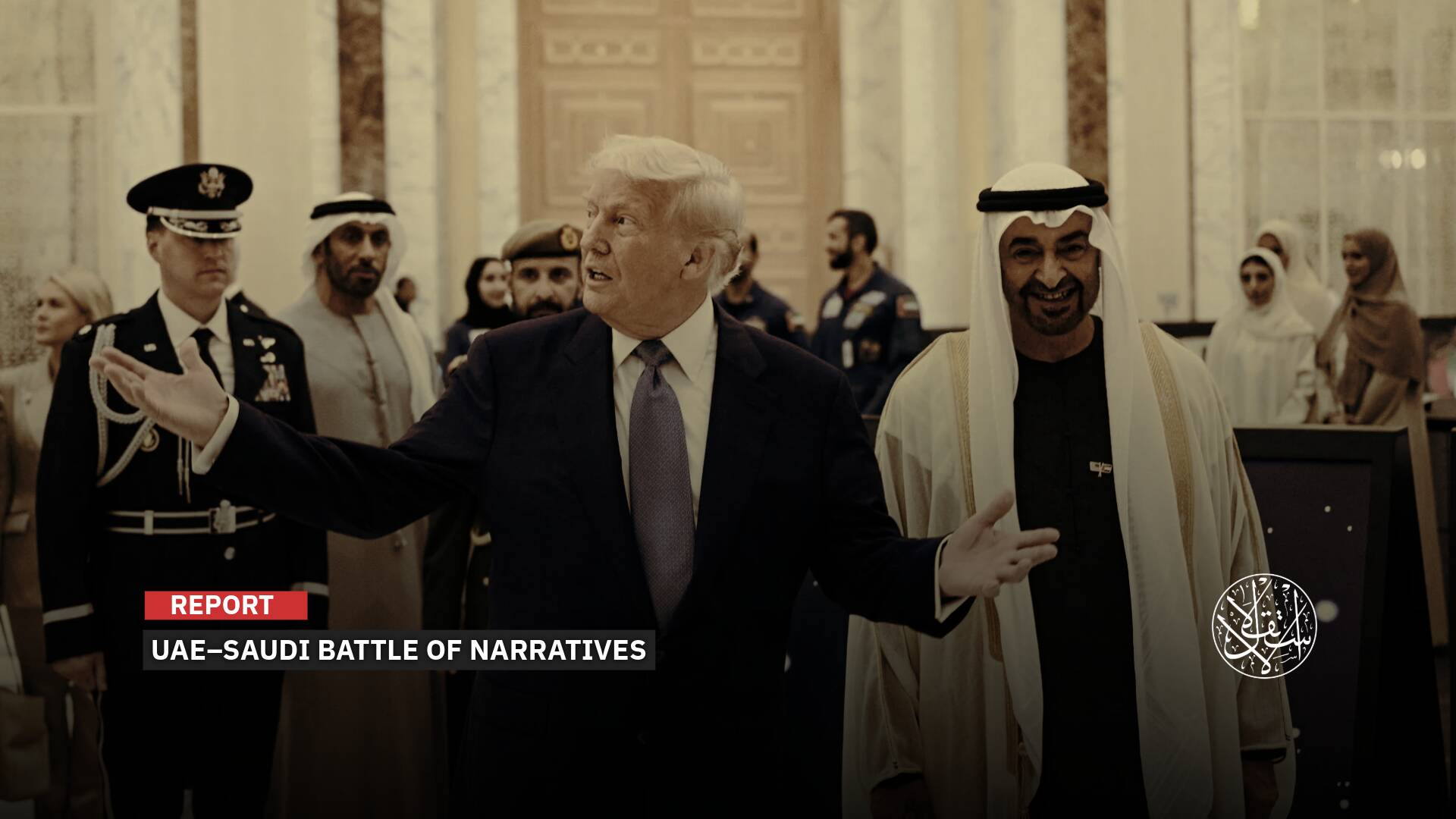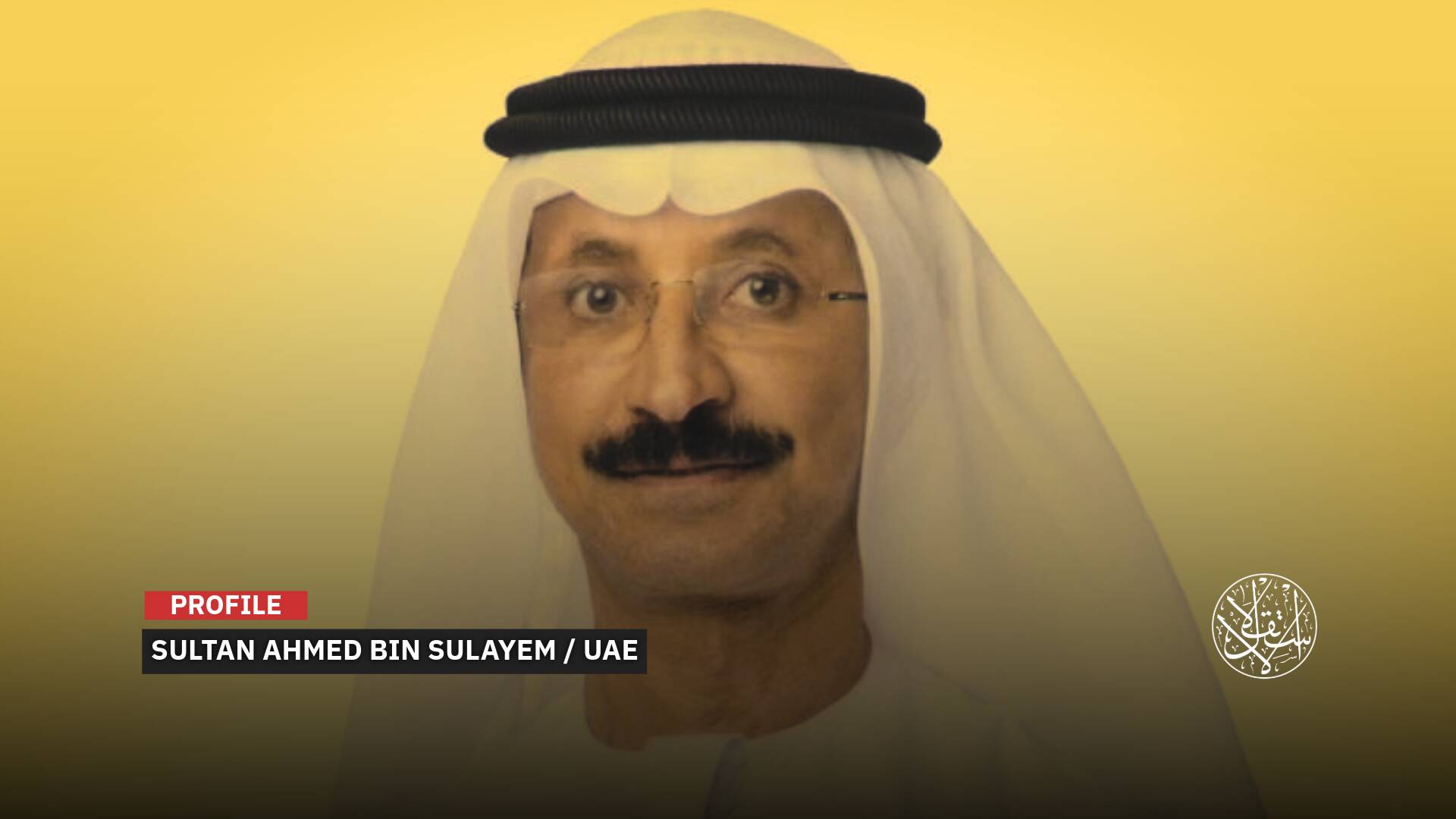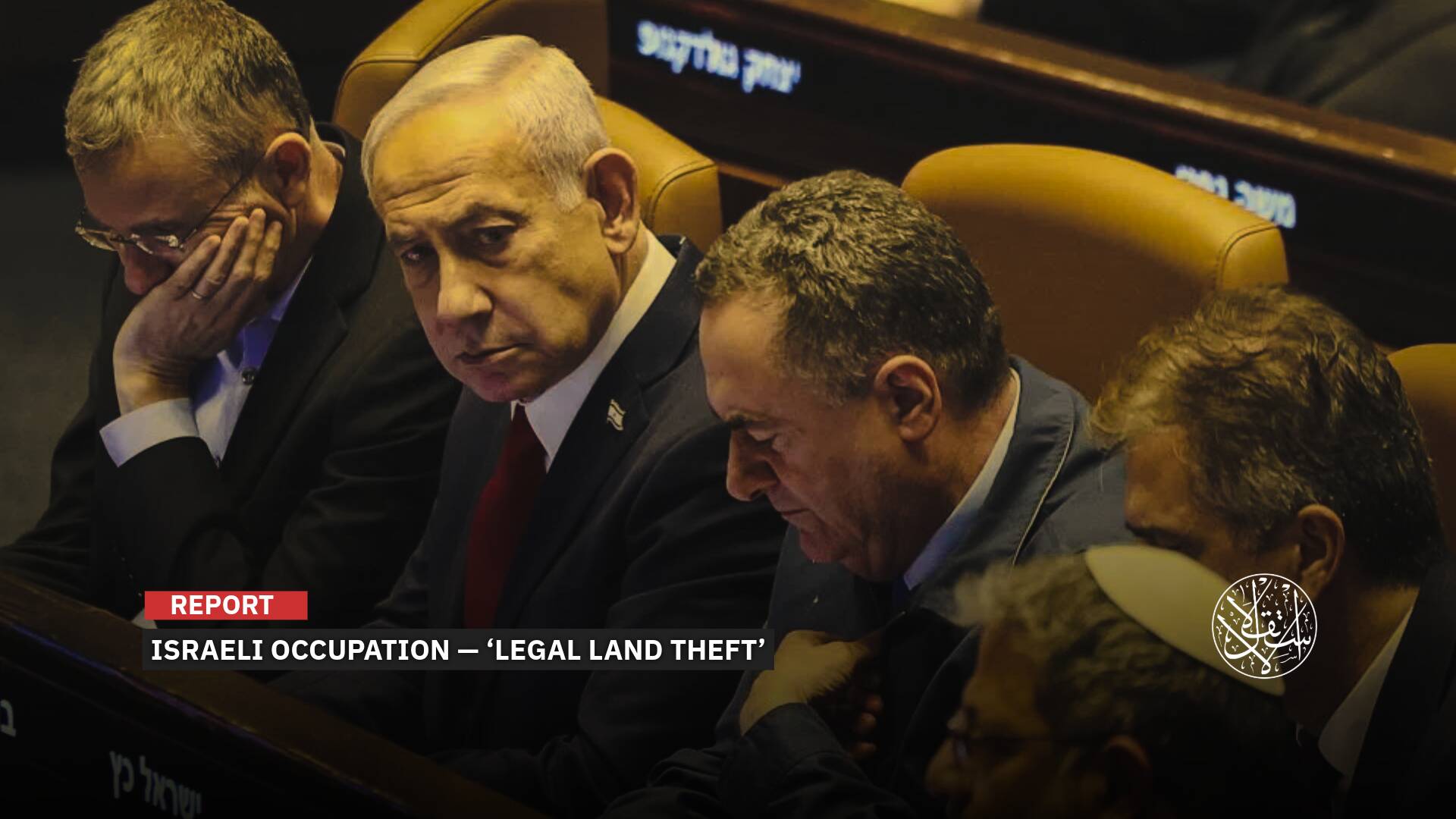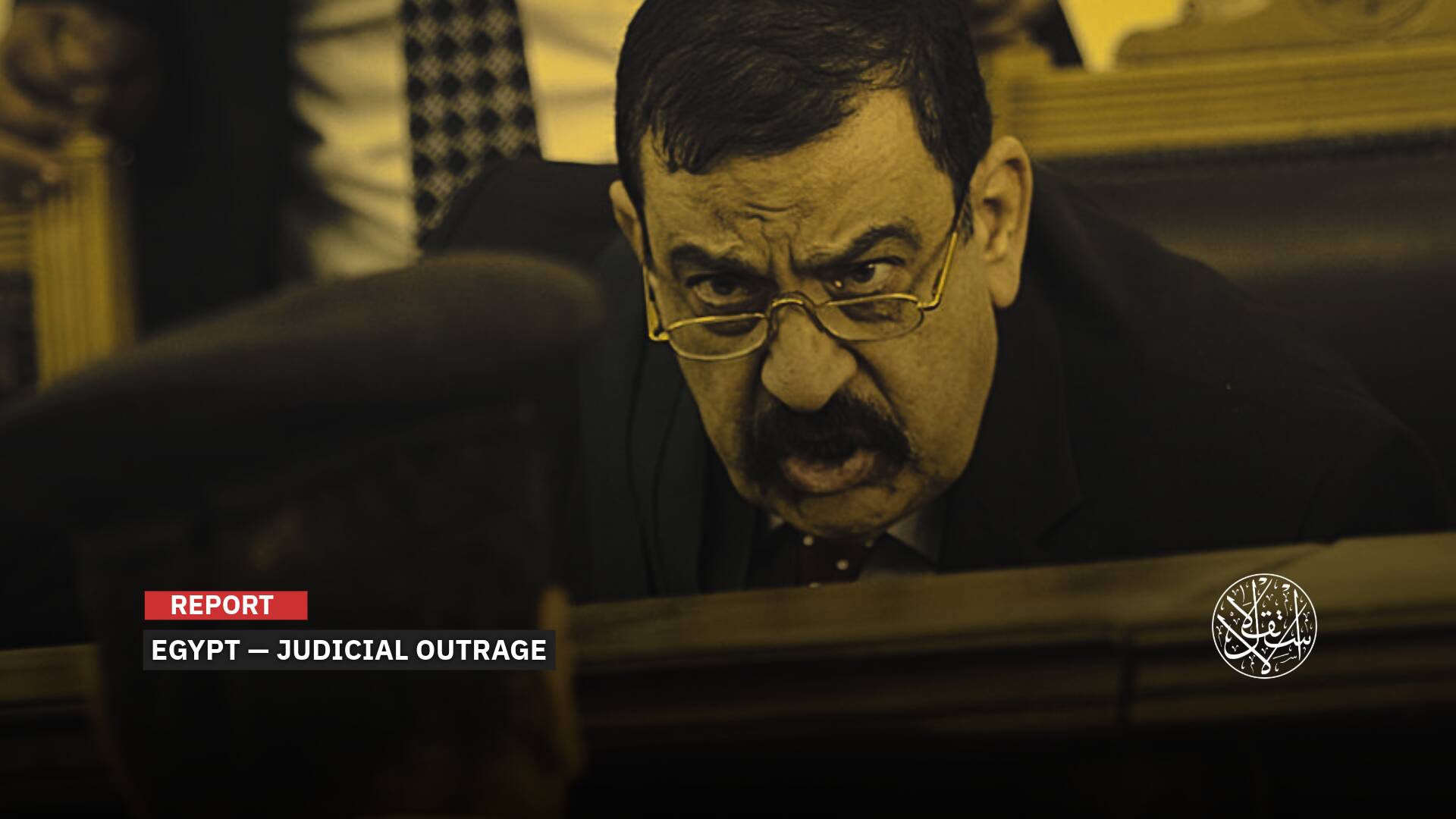This Is How an Unprecedented Incident Sparked a Diplomatic Crisis Between Mexico and Ecuador

“Left-leaning Brazil, Colombia, Chile and Venezuela immediately condemned the Ecuadorian police operation.”
This month, Mexican-Ecuadorian diplomatic relations witnessed rapid developments that ended with Mexican President Manuel Lopez Obrador announcing the severing of relations with Ecuador, the closure of his country's embassy in the capital, Quito, and the return of its diplomats to the capital, Mexico.
The Mexican position escalated recently after Ecuadorian security forces stormed the Mexican Embassy in the capital, Quito, which sparked condemnation from neighboring governments, the U.S. administration, and European Union countries.
According to reports, Ecuador's police stormed the Mexican embassy in the capital and arrested former Vice President of Ecuador, Jorge Glas, in a move that Mexican President Andreas Manuel Lopez Obrador described as a flagrant violation of international law and Mexico's sovereignty.
Left-leaning Brazil, Colombia, Chile, and Venezuela, in addition to the Argentine government, condemned the recent storming of the Mexican Embassy, which is an unprecedented incident in the world.
Unprecedented Raid
The authorities in Ecuador announced the arrest of former Vice President of Ecuador, Jorge Glas, from inside the Mexican embassy, where he had taken refuge four months ago.
The Mexican President indicated that this action represents a flagrant violation of Mexican sovereignty on the part of his Ecuadorian counterpart, Daniel Noboa, 36 years old, who assumed the presidency in Ecuador last November, announcing the immediate suspension of diplomatic relations with Ecuador.
The Mexican Foreign Minister confirmed that the Mexican government will resort to the International Court of Justice (ICJ) to condemn the actions of the Ecuadorian authorities after the police attack on the Mexican diplomatic mission in Quito, which led to the injury of diplomatic personnel.
In December 2023, former Ecuadorian Vice President Jorge Glas was sentenced to six years in prison for his involvement in a real estate corruption case.
Instead of appearing in court, Glas fled to the Mexican Embassy in the capital, Quito, seeking protection.
The Ecuadorian authorities appealed to Mexico to extradite the fugitive vice president during the recent period.
Early this month, the Mexican President announced that the 2023 run-off vote in Ecuador took place in a very strange manner.
He also claimed that the killing of presidential candidate Fernando Villavicencio was carried out in order to tip the election in favor of Daniel Noboa, who became president later last year.
In response, Ecuador's Foreign Ministry ordered Raquel Serur Smeke, the Mexican ambassador in Quito, to leave the country.
In a remarkable move, on April 5, the Mexican government decided to grant political asylum to Glas due to the persecution and accusations he faced.
Quito considered this decision to be in violation of the law, noting that no criminal can be considered a politically persecuted person.
Subsequently, Ecuadorian forces surrounded the Mexican embassy and carried out an unprecedented raid on a diplomatic headquarters.
Diplomatic headquarters are considered lands subject to the sovereignty of the country they represent, and their sanctity may not be violated.
The Ecuadorian presidency justified the storming of the embassy and the arrest of Glas as a defense of national sovereignty and a measure aimed at preventing impunity after the abuse of immunity and privileges granted to the diplomatic mission in which Glas was present and granting him the right to diplomatic asylum, in contravention of accepted legal frameworks.
Experts who monitored the arrest indicated that this act was a flagrant violation of the Vienna Conventions on Consular Relations, which is likely to cause a strong rift between the governments of Mexico and Ecuador.
"This is not possible. It cannot be. This is crazy. I am very worried because they could kill him. There is no basis to do this. This is totally outside the norm," Roberto Canseco, head of the Mexican consular section in Quito, told local press while standing outside the embassy right after the raid.
Jorge Glas, who served as Vice President between 2013 and 2017 during the era of Socialist President Rafael Correa (2007-2017), was accused of embezzling public funds allocated for the reconstruction of coastal cities after a devastating earthquake in 2016.
He was also convicted in another case in December 2017, and he was sentenced to six years in prison on corruption charges after a major scandal involving the giant Brazilian contracting group Odebrecht, but he was released last November.
In turn, Glas considers that these accusations are part of the political persecution of him and all figures during the era of former President Correa, which the right-wing movements took as their sworn opponents and used the judiciary to demonize them with the aim of preventing their return to power.

Global Condemnations
Condemnations of the Ecuadorian storming of the Mexican Embassy came from several regional governments across the political spectrum, including Nicaragua, Argentina, Bolivia, Brazil, Chile, Colombia, Cuba, Peru, and Venezuela.
The United States encouraged both Mexico and Ecuador to resolve their differences in accordance with international standards, according to a State Department spokesman.
Venezuelan President Nicolas Maduro described the attack on the Mexican embassy as barbaric and a manifestation of fascism.
On his part, United Nations Secretary-General Antonio Guterres expressed his shock, warning that any violation of the sanctity of any diplomatic mission would undermine efforts to establish normal international relations.
The European Union also condemned the raid, which it described as a violation of the Vienna Convention on Diplomatic Relations.
The Spanish Ministry of Foreign Affairs said, in a statement: "We call for respect for international law and the return of friendship between Mexico and Ecuador, which are sister countries to Spain and members of the Ibero-American Community."
Russia also expressed its solidarity with Mexican diplomats regarding the events surrounding the Mexican Embassy in Ecuador.
On her part, Honduran President Xiomara Castro, who holds the interim presidency of the Community of Latin American and Caribbean States (CELAC), called for an emergency meeting.
In an extraordinary meeting, the Organization of American States (OAS) approved a resolution strongly condemning the storming of the facilities of the Mexican Embassy in Ecuador and the acts of violence committed against the safety and dignity of the mission's diplomatic personnel.
29 countries voted in favor of the resolution, while one country (Ecuador) opposed and one country (El Salvador) abstained from voting.
The Secretary General of the OAS, Uruguay's Luis Almagro, recalled that States cannot invoke internal norms to justify non-compliance with their international obligations.
On the other hand, Ecuadorian Foreign Minister Gabriela Sommerfeld announced that her country is ready to resume relations with Mexico on the condition that its sovereignty is respected.
The minister stressed that the situation can be settled around a table, where both parties must tell the truth, and accordingly begin to resolve and rebuild matters.
She explained that both countries were affected, but Ecuador received repeated provocations and failures.

Several international political figures also expressed their strong condemnation of what happened in Ecuador.
In turn, former Ecuadorian President Rafael Correa described current President Daniel Noboa as a narcissistic, immature personality, neither politically nor socially, in reference to the young man's fame before assuming the presidency, as the spoiled son of the Banana Emperor and the richest person in Ecuador.
A number of Ecuadorian analysts also called on President Noboa to be aware of the distinction between working in managing his family's companies and managing the state, pointing out that the decision to storm was an act of audacity mixed with ignorance of the international legal, financial, and moral ramifications.
It is noteworthy that Ecuador, during the era of former President Correa (2012), had dazzled the world by receiving WikiLeaks founder Julian Assange at its embassy in London and granting him asylum, defying the U.S. judiciary.
Assange is accused of violating the U.S. Espionage Act after his website published secret military and diplomatic documents. He was allowed to enter the Ecuadorian Embassy in London by its president at the time, who had a hostile relationship with the United States.
However, in 2019, Lenin Moreno, who sought to build warmer relations with the United States, assumed the presidency of Ecuador, and his government eventually allowed Assange's extradition.
Ironically, neither the UK nor the U.S. forces dared to storm the Ecuadorian embassy without a permit to remove Assange from the headquarters of the embassy in which he had taken refuge.
Sources
- Ecuador’s raid on Mexico’s embassy shocked Latin America. Here’s why it may still pay off for Daniel Noboa
- From Nasty Insults to an Embassy Raid: Latin American Relations Get Personal
- International community condemns Ecuador for raiding Mexico's embassy in Quito
- Explainer: Why did Ecuador raid Mexico's Quito embassy?


